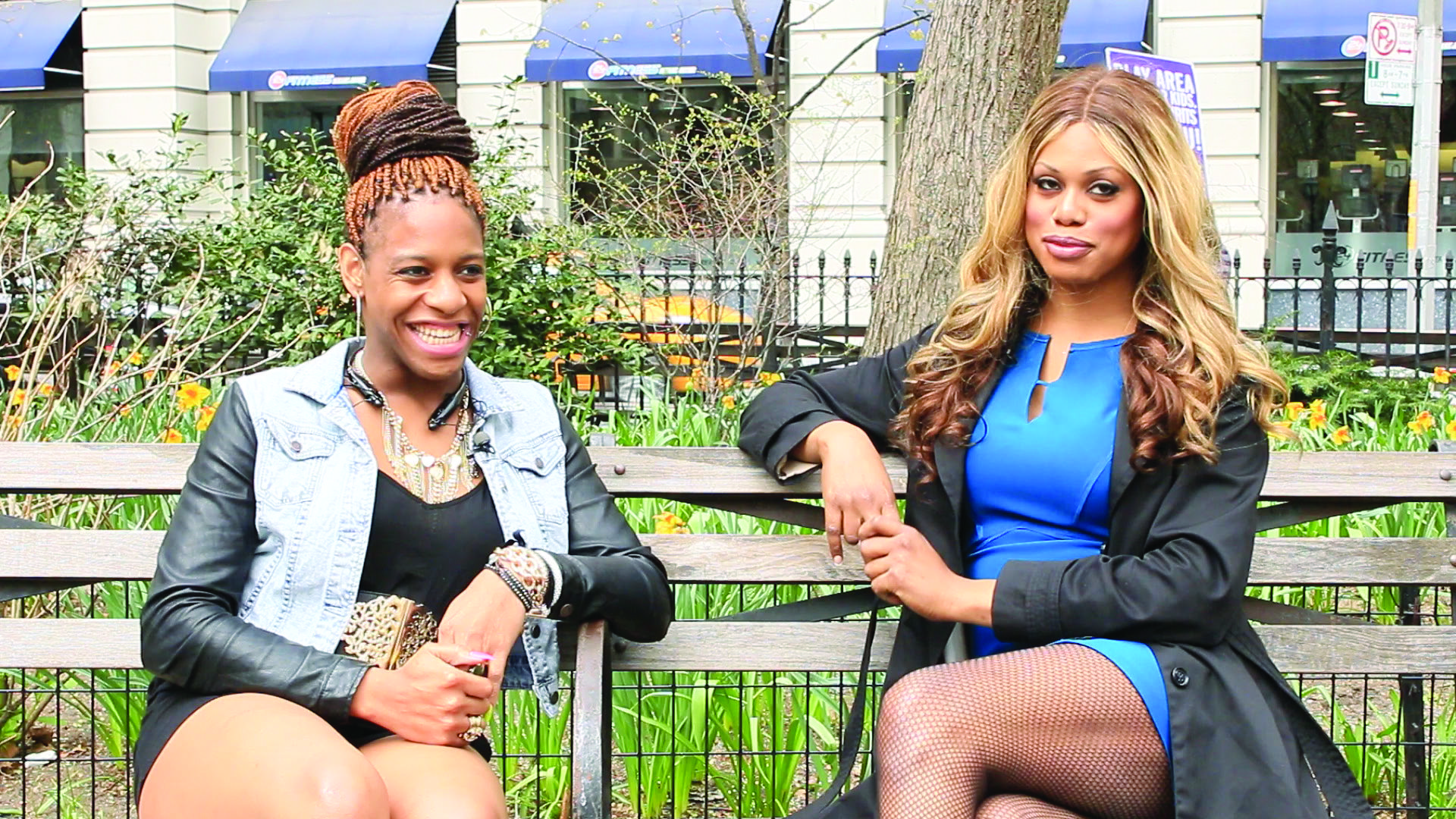This content was created by Xtra’s branded content team alongside the Vancouver Queer Film Festival, separate from Xtra’s editorial staff.
CeCe McDonald’s life changed forever on June 5, 2011. On that pivotal summer night in Minneapolis, McDonald encountered the very real and ugly violence that Black trans women face. Unlike many other women who’ve experienced this violence, McDonald survived.
Free CeCe, a 2016 documentary directed by Jac Gares, tells the story of what happened that night through McDonald’s eyes. According to McDonald, she and a group of friends were walking in a busy area of town when a group of white folks began yelling racist, homophobic and transphobic slurs at them.
What ensued is what forensic psychologist Karen Franklin describes to viewers as a form of theatre.
“I think it’s really important to understand this as a theatrical production where the victim is pretty much just a prop in the drama because the victim is not a human being in the eyes of the perpetrators,” Franklin explains. “In CeCe McDonald’s case it was a mixed-gender group of men and women who are performing for each other. By attacking someone that’s an outsider, that’s a way of feeling closer to the group. It’s a way to bond with each other.”
Molly Flaherty began fighting with McDonald, ultimately smashing a glass in her face. As McDonald tried to leave, Dean Schmitz grabbed her by the hair and yanked her down. McDonald retrieved a pair of scissors to wield as a warning as Schmitz lunged towards her. The next thing she knew, Schmitz had been cut.
“I didn’t stab him,” McDonald tells police officers in footage of her interrogation. “To stab him you would have to force the object into the person. I only held the scissors in front of me. He ran into the scissors.”
McDonald ended up being charged with second-degree manslaughter and accepted a plea bargain of 41 months in prison. The documentary uses Hennepin County attorney Michael Freeman, the prosecutor for McDonald’s trial, to show the chilling insight into how the judicial system perceives the experiences and voices of queer black folks.
“In Minnesota, a person, to claim and be successful in a self-defence claim, must take every step to avoid the conflict. You have to flee here,” Freeman says on screen. “CeCe had other alternatives than stabbing him with a dangerous weapon in his chest.”
But what happened that night and the aftermath is only one half of the story. A big part of what’s beautiful about Free CeCe is the relationship between McDonald and her supporters, one of whom is the film’s executive producer and Orange is the New Black star, Laverne Cox.
The film follows Cox from her first time visiting McDonald in prison to watching her flourish as a prominent activist. The relationship that develops through the film is one of sisterhood and solidarity, a connection that’s practically palpable. The audience watches as McDonald interacts with other activists and community members who supported her while in prison, and then transforms into what she describes as a phoenix, rising from the ashes of the racism and transphobia she experienced on that night in Minneapolis.
Despite gaining massive support, praise and becoming a beacon for trans issues, McDonald still deals with transphobia in her everyday life. When McDonald was younger, she left home because of the gender-policing she experienced from family members. This created a rift between her and her family, and McDonald and her mother became distant; in interviews for the film with McDonald’s mother, she misgenders her.
Watching Free CeCe, it is clear that the film was a collaborative effort by Gares, Cox and McDonald. The film isn’t about questioning who is guilty for the death of Dean Schmitz, nor is it about the trial of CeCe McDonald. It never tip-toes around picking a side, because there is no side to pick.
The film not only centres, but values the voices of trans women and Black folks as believable and trustworthy. The connection between the film and the grassroots activism that McDonald is now a big part of is clear on screen through the array of queer and trans voices that are present throughout the film. Free CeCe is hard to shake, as was surely intended.
Vancouver Queer Film Festival
Aug 10–20, 2017
queerfilmfestival.ca


 Why you can trust Xtra
Why you can trust Xtra